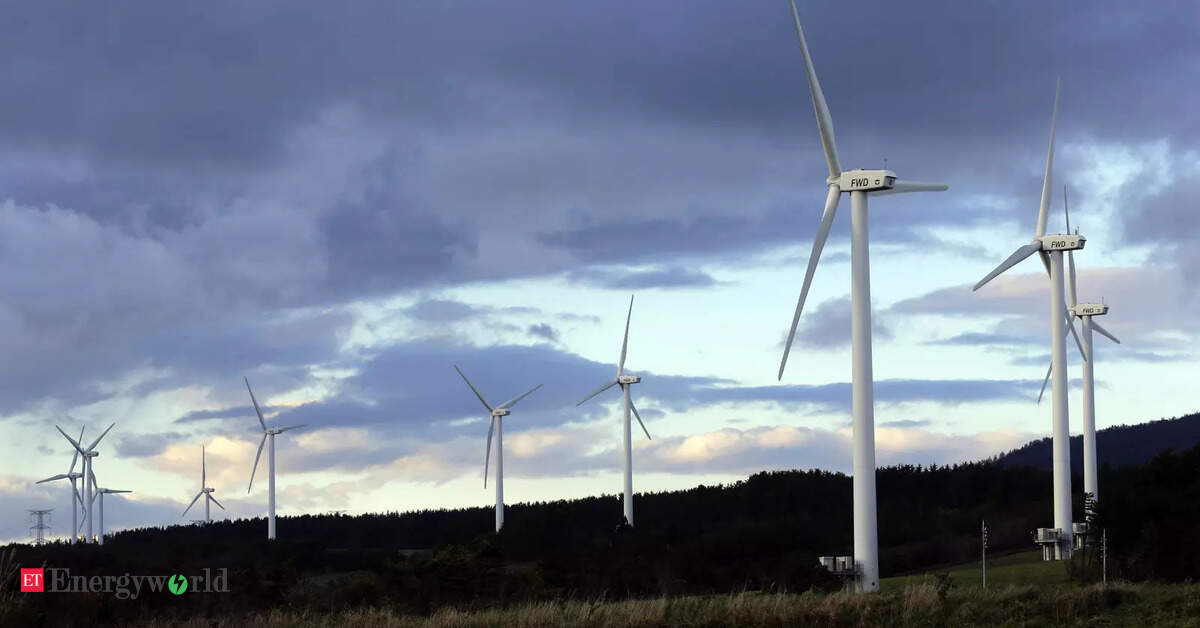Japan aims for 36-38% of energy to come from renewables by 2030, Energy News, ET EnergyWorld

[ad_1]
According to the plan, presented in July and approved by the Japanese government on Friday, renewables are expected to account for 36 to 38 percent of electricity supplies in 2030, double the 2019 level and well above its previous 2030 target of 22. at 24%.
In April, Japan raised its 2030 target for reducing greenhouse gas emissions to 46%, from 26% from 2013 levels, in response to pressure from the United States as world leaders met. for a climate summit hosted by US President Joe Biden.
G20 leaders are meeting in Glasgow this month to discuss the emission reductions scientists believe are needed to limit global warming to 1.5 degrees above pre-industrial levels.
The latest policy does not contain any significant change from the draft released in July, despite 6,400 public comments, including criticism for its coal and nuclear policy.
In green energy, Japan will target 14 to 16% solar energy, 5% wind, 1% geothermal, 11% hydroelectricity and 5% biomass.
But Japan’s nuclear target remained unchanged at 20-22%, although the country struggled to return the industry to its former central role after the Fukushima disaster in 2011.
To reach the target, around 30 reactors will have to restart, out of only eight reactors currently in operation. The country previously had 54 operational reactors. JAPAN / O
Experts say the nuclear target will be difficult to achieve in the wake of the Fukushima disaster, which led to a big shift in public opinion away from the energy source.
“The 2050 target and the 2030 target of reducing emissions by 46% are the right decisions because they ultimately enabled Japan to comply with global standards,” said Takeo Kikkawa, vice president of the International University of Japan. Japan.
“But Japan will probably miss the 2030 target, because renewables could only reach 30% due to a lack of suitable solar sites and nuclear power could only increase to 15% with around 20%. reactors in operation, “said Kikukawa, also a government adviser. on energy policy.
The use of coal, the dirtiest fossil fuel, will be reduced to 19% from a previous target of 26%, while liquefied natural gas (LNG) will be cut to 20% from 27% and oil will be reduced to 2 % from 3%.
New fuels such as hydrogen and ammonia will represent around 1% of the electricity mix by 2030.
“Japan could meet its 2050 target, as ammonia and hydrogen are expected to become carbon-free fuels for thermal energy and Japan’s ultimate weapon on the path to carbon neutrality,†Kikukawa said.
The government reviews its basic energy plan once every three to four years.
[ad_2]
